Founded in New York in 1985, the anonymous art collective – the Guerrilla Girls – are finally getting their own, dedicated show. Set to commence this October at London’s Whitechapel Gallery, it is a long-awaited spotlight on over three decades of important work they have done in highlighting the staggering inequalities that take place both historically – and currently – in the art world.
Though the group has seen members come and go over the years, one thing unifies: all participants take the names of dead women – Frida Khalo, Georgia O’Keeffe – and conceal their identities with gorilla masks when appearing in public.
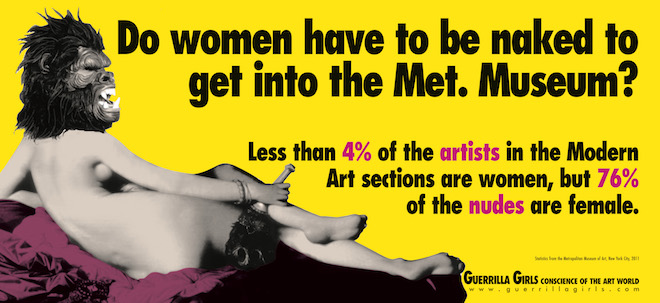
‘Do Women Have To Be Naked To Get Into The Met. Museum?’, 2012, Courtesy of the Whitechapel Gallery
Speaking to The Guardian earlier this week, Iwona Blazwick, director of the Whitechapel Gallery reiterated the real need for such an exhibition to take place, and further demonstrated why the Guerrilla Girls are so vital. “I was just at the Kunstmuseum in Basel where they have just rehung the entire collection from 1900 to the present and I think there are five women.” She said. “Sadly it is still an issue.”
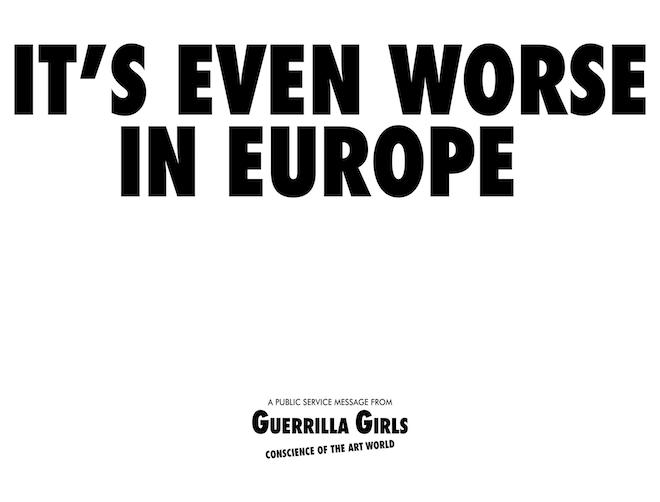
‘It’s Even Worse In Europe’, 1986, Courtesy of the Whitechapel Gallery
Entitled ‘Is It Even Worse In Europe?’, the new show will feature famous works such as the 1986 inspiration behind the aforementioned title, as well as ‘Do women have to be naked to get into the Met museum?’ and ‘Pop Quiz’. However, the large crux of the exhibition will be based on the results of 400 questionnaires that the Whitechapel Gallery have commissioned the group to send out to European museum directors, including their own.
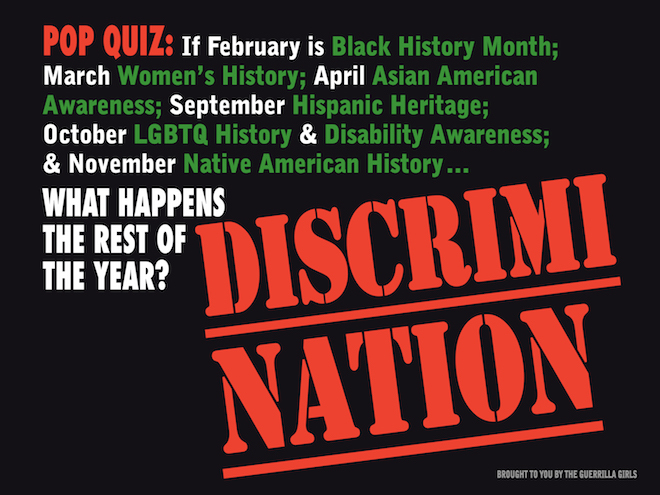
‘Pop Quiz’, 2016, Courtesy of the Whitechapel Gallery
In a public statement, the Guerrilla Girls said: “With this project, we wanted to pose the question, ‘Are museums today presenting a diverse history of contemporary art or the history of money and power?’ Our research into this will be presented at Whitechapel Gallery this fall.”
Let’s see, shall we?
‘Guerrilla Girls: Is it even worse in Europe?’ will be co-curated by Nayia Yiakoumaki, and runs from 1 October 2016 – 5 March 2017; entry is free.
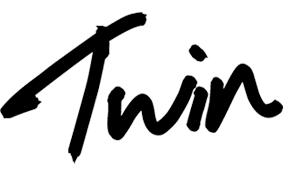
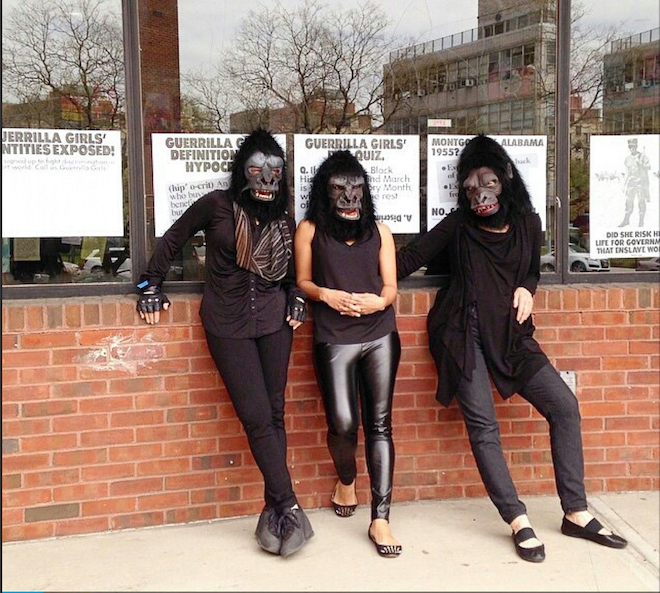
 PREVIOUS
PREVIOUS

 Twitter
Twitter
 Tumblr
Tumblr
 YouTube
YouTube
 Facebook
Facebook
 Instagram
Instagram
